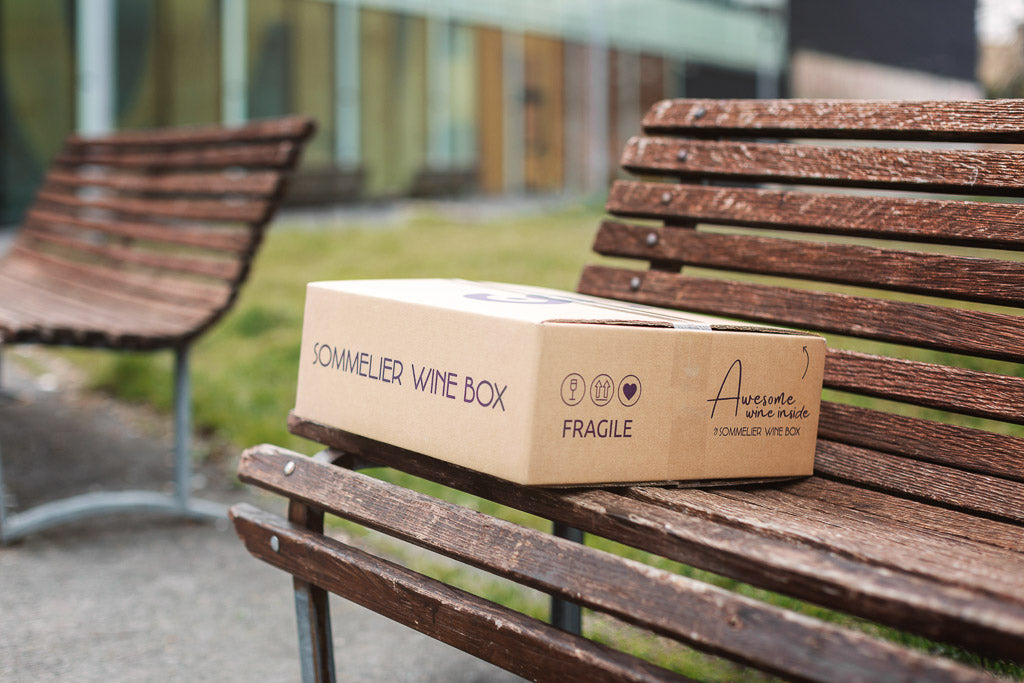Italy has a truly extraordinary number of small wineries, spread throughout the territory. It doesn't matter whether they are producers who have always made wine on a few hectares or first generation winemakers who have recently decided to start their production: the small (or very small) company model is an entirely local excellence. And it is precisely in this model that much of the strength of Italian wine lies.
By small wineries we are referring to Italian artisan companies (small or medium-small), those that produce their own grapes and bottle their own wine, in small quantities, often less than 150,000 bottles a year. They are winemakers and winemakers who work first and foremost by vocation . Apparently small family wineries, difficult even just to know and find, in reality they are extraordinary forces that drive Italy's wine from the point of view of identity and culture . People who were able to save grapes that would otherwise be lost forever ; winemakers who love their land and make it express with unique products ; professionals who, with their micro productions , keep the quality bar high for the entire sector.
It is the poetry of Italian wine , and for at least 5 reasons it is due to the little ones.
1️⃣ How small wineries enhance the natives
The first reason is linked to the natives : it is in the context of small winemaking businesses that many vines have been saved in Italy, especially in the last 40 years. This is thanks to winemakers who have not adapted to market fashions but have preserved the local species, often courageously rowing against international tastes. Thanks to them today we drink Timorasso, Picolit and many other wines that come from small and unique terroirs .
2️⃣ Quality vs quantity: when the little ones influence the big ones
Quantity does not always imply a qualitative decline. But often yes. It is no coincidence that large producers who work well produce their flagship wines by valorising the individuals and the best plots, with respectful and careful agronomic practices, effectively applying a model of small producers. These, for their part, have practically only one possibility to differentiate themselves , without making large numbers: the absolute quality of their wines. This aspect is of great impetus for the entire Italian wine sector .
3️⃣ Female presence in small Italian wineries
We talked about it with Donatella Cinelli Colombini : women have always been central in small Italian wineries. And compared to the rest of the world, the female presence is higher in Italian wineries. This multiplies ideas, energy, creativity and a very special attention to a new type of tourism development , which points straight to the future of the sector.
4️⃣ Solidity of vision of small Italian wineries
Small Italian wineries have demonstrated that the family-run business model is solid and sustainable. This creates value in economic terms and allows individual companies to make farsighted choices .
5️⃣ If niche wines become trendy wines
Thanks to all this culture that values traditions while courageously looking to the future - putting the environment, the territory and its typical wines at the center -, small producers have influenced the market and consumers in a decisive way. In fact, in recent years there has been a very interesting trend: enthusiasts are increasingly looking for artisanal, typical, natural wines ... worrying less and less about big names and more and more about true quality.
Create your box now!
If you don't like the wines: we'll refund you!
We close with the provocative and enlightening phrase of Luigi Veronelli, convinced that «the worst peasant wine is better than the best industrial wine».
Cheers!




